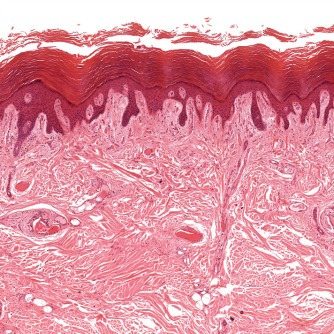ALZHEIMER'S AND PARKINSON: NEWS
Antioxidant supplements

Scientists have discovered a skin test that may shed new light on Alzheimer's disease Parkinson's disease, according to a study published today and which will be presented at the 67 th annual meeting of the American Academy of Neurology in Washington 18-25 April 2015 .
The study showed that skin biopsy can be used to detect high levels of abnormal proteins present, that characterize the two diseases.
"Until now, pathologic confirmation was not possible without a brain biopsy, so these diseases often go unrecognized until an advanced stage of the disease," said study author Ildefonso Rodriguez-Leyva, the University of San Luis Potosi , Mexico. "We hypothesized that because the skin has the same origin as the brain tissue, could show the same abnormal proteins. This new test provides a biomarker that could enable physicians to identify and diagnose Alzheimer's and Parkinson's in advance."
For the study, researchers evaluated skin biopsies of 20 people with Alzheimer's disease, 16 with Parkinson's disease and 17 with dementia caused by other conditions and compared to those of 12 healthy people of the same age group. They tested these skin samples to see if it was possible to identify particular types of altered proteins - those that indicate the presence of Alzheimer's or Parkinson's.
Compared to healthy patients and those with dementia caused by other conditions, both those with Alzheimer's and both those with Parkinson's disease had levels seven times higher tau protein. People with Parkinson's also had an eight times higher than the level of the protein alpha-synuclein compared to the healthy control group.
"Further research is needed to confirm these findings, but the results are exciting because we could start using skin biopsies of patients alive and learn more about these diseases," said Rodriguez-Leyva. "This procedure can be used to study not only Alzheimer's and Parkinson's but also other neurodegenerative diseases."
Source: Worldhealth
Antioxidant supplements
